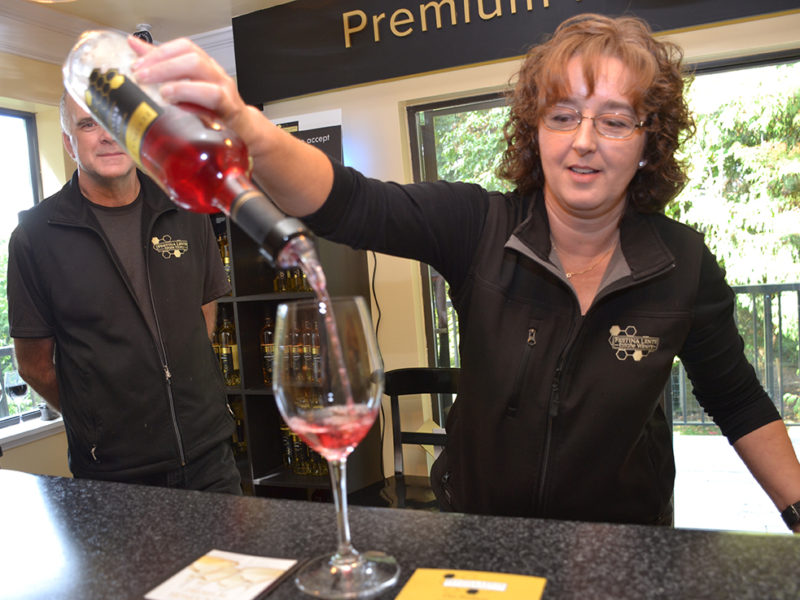The economic toll of COVID-19 continues to mount, with nearly a million people across Canada laid off over the past two weeks. Tourism has borne the brunt of government restrictions on events and social activities, with restaurants and coffee shops limited to take-out service or closed altogether. The number of hotels shuttered continues to climb.
Agritourism operations have not been immune, but most are pivoting back to their primary focus – food production. Many are pointing out that governments consider them essential services, helping guarantee food security, even if it’s in liquid form.
“We are growing, processing and distributing an agrifood business product,” said BC Wine Institute CEO Miles Prodan in a presentation this week regarding the wine industry’s response to the pandemic. “We not only grow and make, we also sell our product on site.”
A lockdown that restricts travel means wineries need to have a means to maintain direct sales, whether via curbside pick-up or by shipments.
While food and liquor outlets remain open in BC, limitations exist. Visitors must maintain a proper social distance of six feet from other patrons and staff. Moreover, refillable containers are no longer permitted, limiting sales to packaged goods.
BC farmers markets have been encouraging visitors to adhere to the protocols, stating that markets will be retail food premises for the duration of the pandemic rather than places to socialize.
Similar protocols will be in place at farm stands which, if restrictions remain in place, will find themselves serving a far more local market than in the past.


 Business financing available
Business financing available